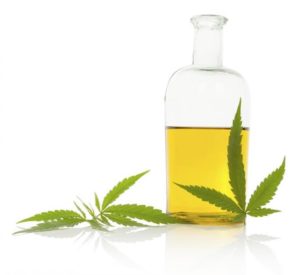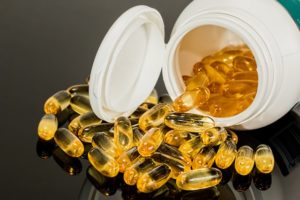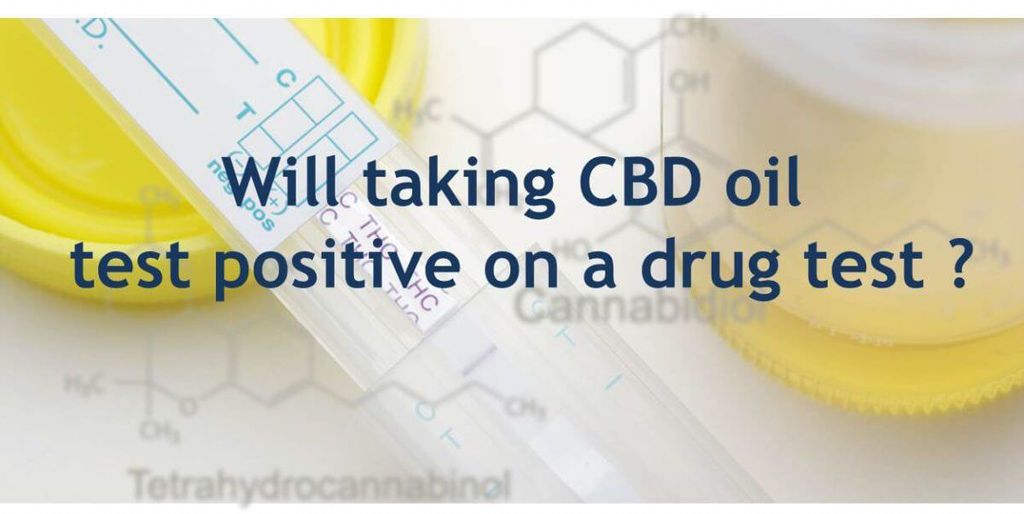The ubiquitous CBD oil has gained a fair share of popularity in recent times. From the common man to big-name celebrities, all have been found singing praises of the compound and how it helped them heal from some form of health condition.
Despite the popularity, research solidifying claims CBD users make is lacking. But this does not invalidate claims that have found CBD oil promising for various applications. It has been found to help relieve anxiety, pain, and other ailments.
One of the main benefits CBD oil boasts is the lack of THC. As you might know, THC is the actual compound that creates psychoactive effects that make the users “high”. It is a derivative of the Hemp plant, from which THCs have been bred out.
In light of the fact that CBD oil tinctures and CBD oil capsules are now becoming popular items in many people’s healing rituals, its manufacturing process should be common knowledge. For anyone who wants to hop on board this wellness train, here is how CBD oil ends up bottled in a glass decanter.
Cultivation
Like any other plant-based product, CBD oil starts with the cultivation of the Hemp plant. Famers use a clone or a cutting from a mature plant to get the exact type of plant they want. In most cases, the mother plant is the one with a higher concentration of CBD and less THC.
The clones are then allowed to acclimate to the climate for a few days before being planted to their permanent location. There, they are watered and tended from May to October.
Harvest
Once the plants have reached satisfactory maturity, they are harvested out of the ground. They are then left to air dry and get cured for a few weeks. Once the curing time has passed, the flowers are stripped from the plant and ground to the consistency of coffee grounds.
Extraction

The ground-up flower is then steeped in a solvent, which may be CO2 or ethanol. This depends on the manufacturer. However, CO2 is preferred as it creates the purest form of CBD. There is no residue of any other cannabinoids left after extraction.
Winterization
The next step involves a process called winterization. This removes any unwanted compounds such as lipids, waxes, fats, etc. This process is done when the oil is extracted as high pressure and temperature.
Once the oil is extracted, it is mixed with 200 proof alcohol and mix vigorously, ready to be frozen overnight. The next day, the fatty bits etc., freeze and leave the oil very cloudy.
It is filtered through a fine filter paper and all unwanted particles are removed. Once the impurities are filtered out, the alcohol is removed by heating the mixture.
Distillation
The crude oil is still in need of further refinement at this stage. For that, it goes through a short-path distillation process. This isolates the CBD and makes the oil purer.
This process is similar to winterization. The mixture is turned in a warm bath once again. Any remaining impurities are removed as the oil is heated to gradually rising boiling points. While other contaminants are removed, the manufacturers leave the terpenes they want in the CBD oil products.
Testing and Bottling
At this stage, the oil is tested for purity, quality, and strength. This usually happens in a lab not affiliated with the manufacturer.
Once the oil passes the test, it is bottled with a carrier oil to make it palatable for oral consumption. Or, the oil is infused in other products such as lotions, balms, soaps, and even some cosmetics.
Final Thoughts
This sums up a very brief explanation of how CBD oil is made. There are various details and factors that need to be considered for extracting the purest oil. However, knowing the process is essential when you’re buying CBD oil. Besides that, the other important factor to consider is how the Hemp was grown. You want to make sure that you know where your product comes from, especially if you’re going to put in or on your body.
 This is probably the most common question asked by new or prospective CBD Oil users. The answer to this question in its most basic form is “No,” but it isn’t exactly that simple. The reason being is that there are three different varieties of CBD Oil products; and many manufacturer labels fail to clearly specify which type the product is. The three different types of CBD products are Isolate, Full Spectrum, and Broad Spectrum. Broad Spectrum and CBD Isolate products contain 0.0% THC; and will not cause a failed drug test. Full Spectrum CBD formulations may legally contain a maximum of 0.3% THC and can theoretically invoke a false positive drug screen, though it is unlikely.
This is probably the most common question asked by new or prospective CBD Oil users. The answer to this question in its most basic form is “No,” but it isn’t exactly that simple. The reason being is that there are three different varieties of CBD Oil products; and many manufacturer labels fail to clearly specify which type the product is. The three different types of CBD products are Isolate, Full Spectrum, and Broad Spectrum. Broad Spectrum and CBD Isolate products contain 0.0% THC; and will not cause a failed drug test. Full Spectrum CBD formulations may legally contain a maximum of 0.3% THC and can theoretically invoke a false positive drug screen, though it is unlikely.